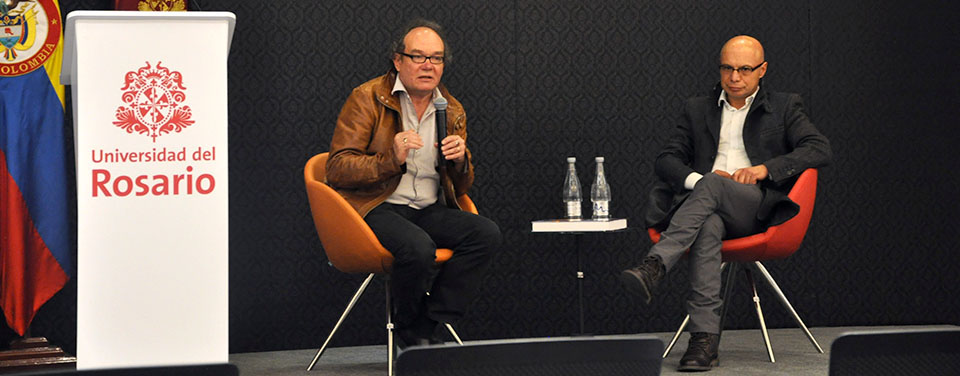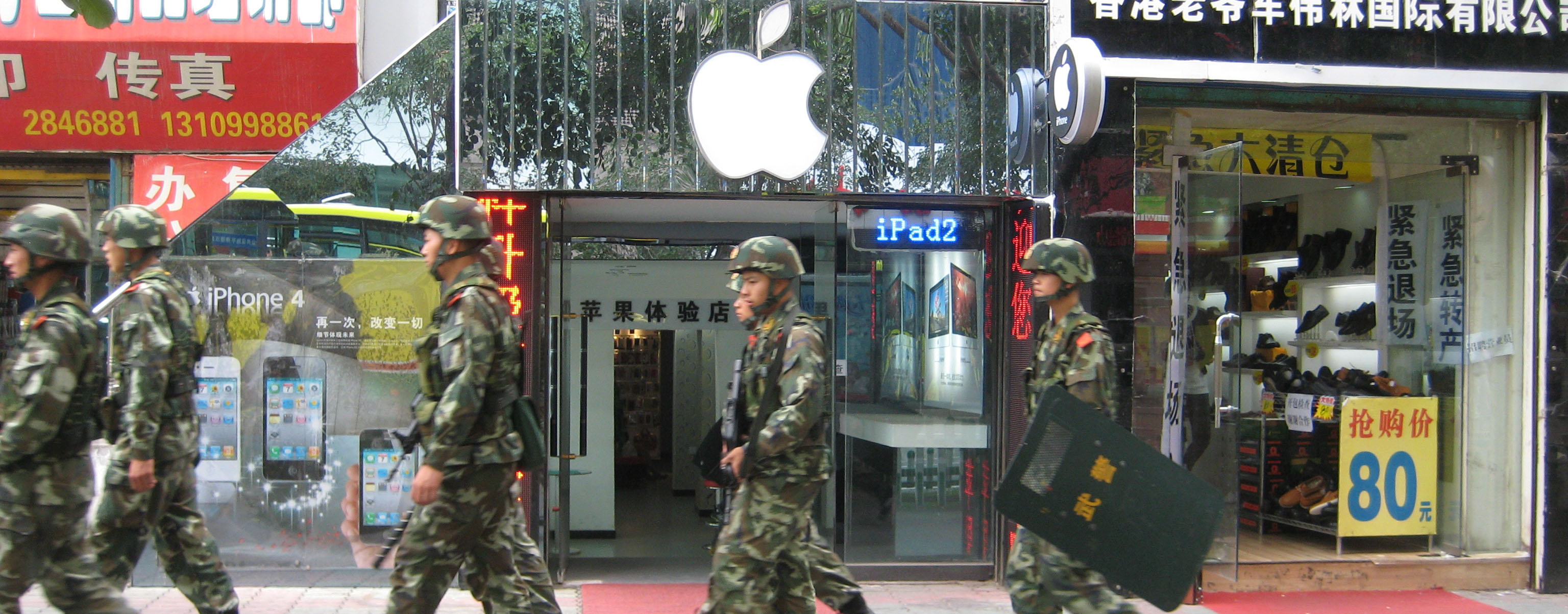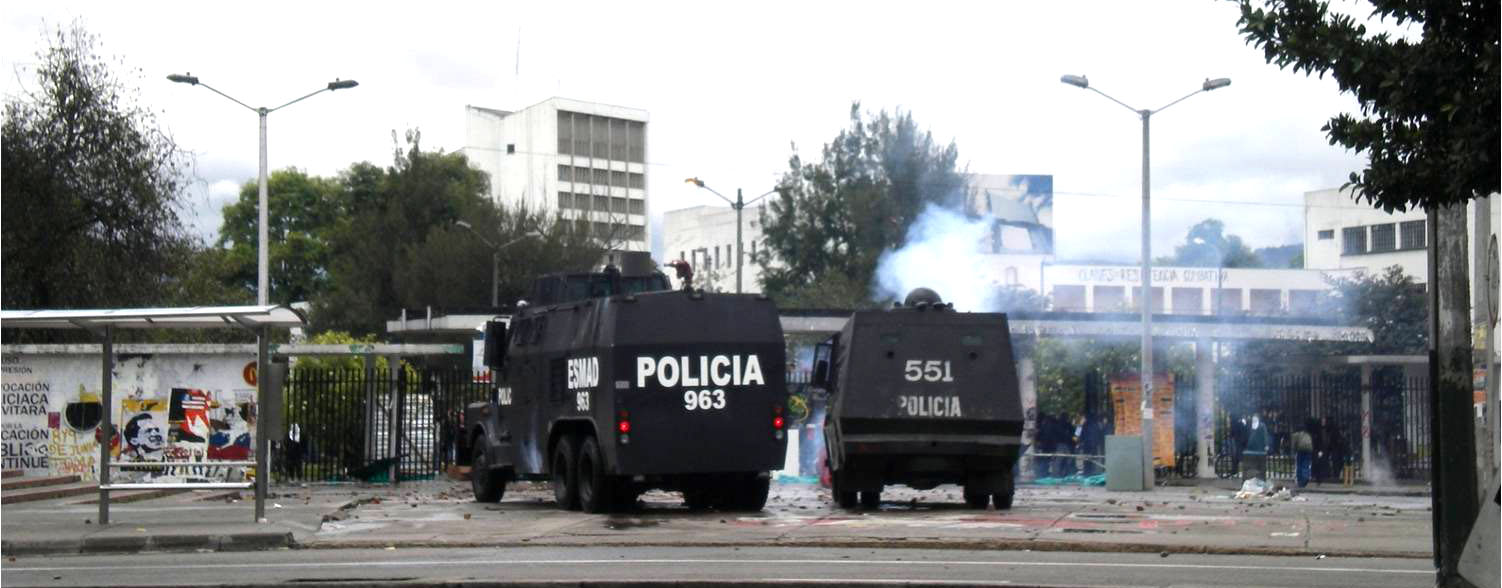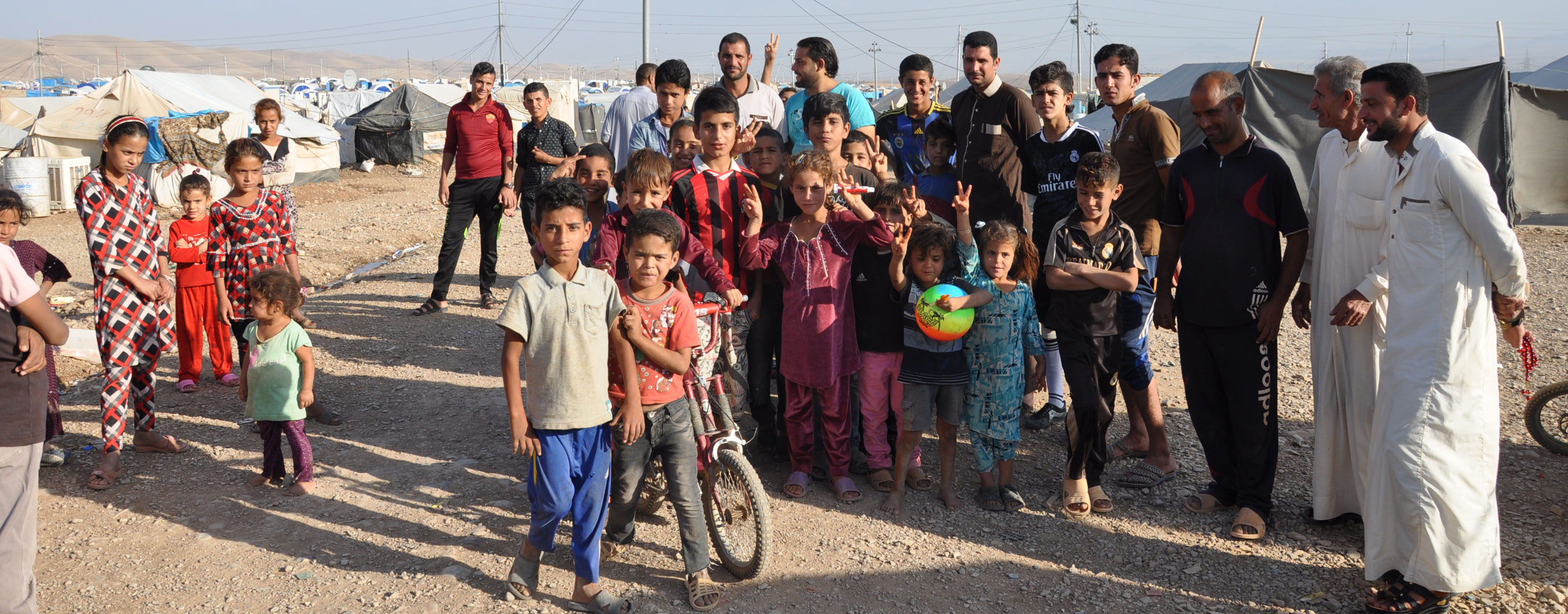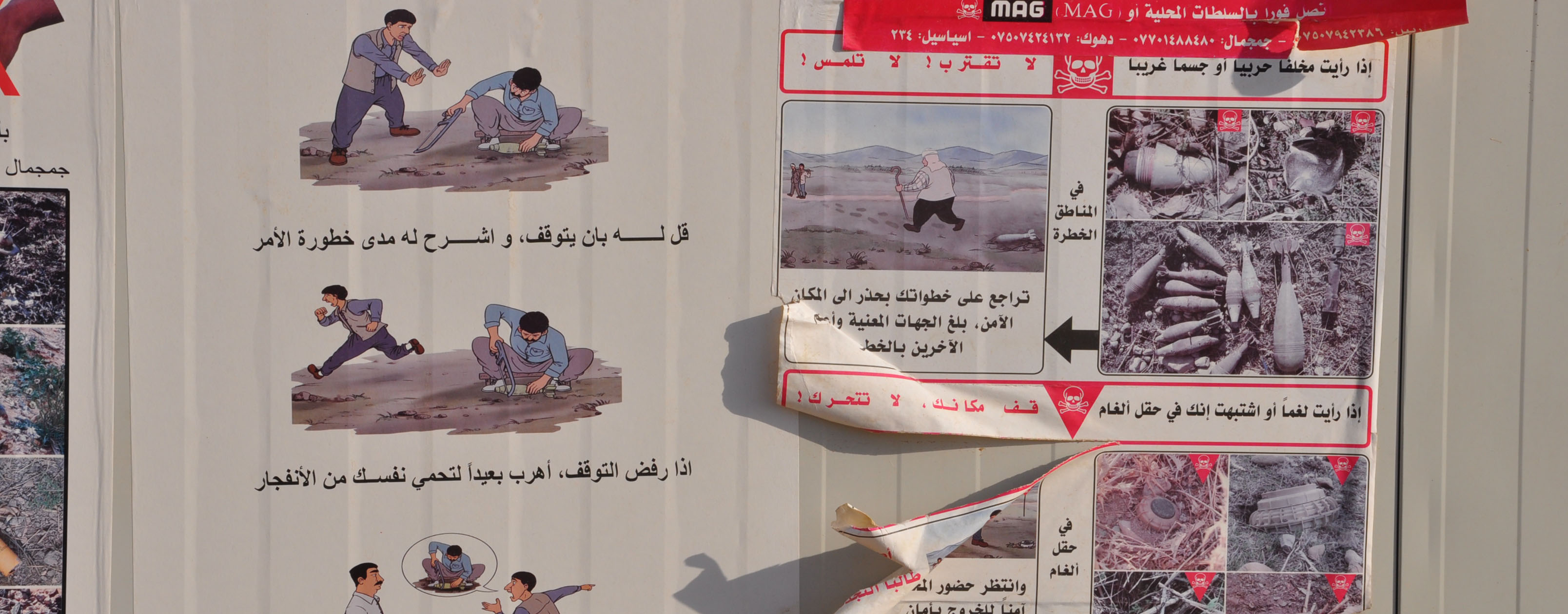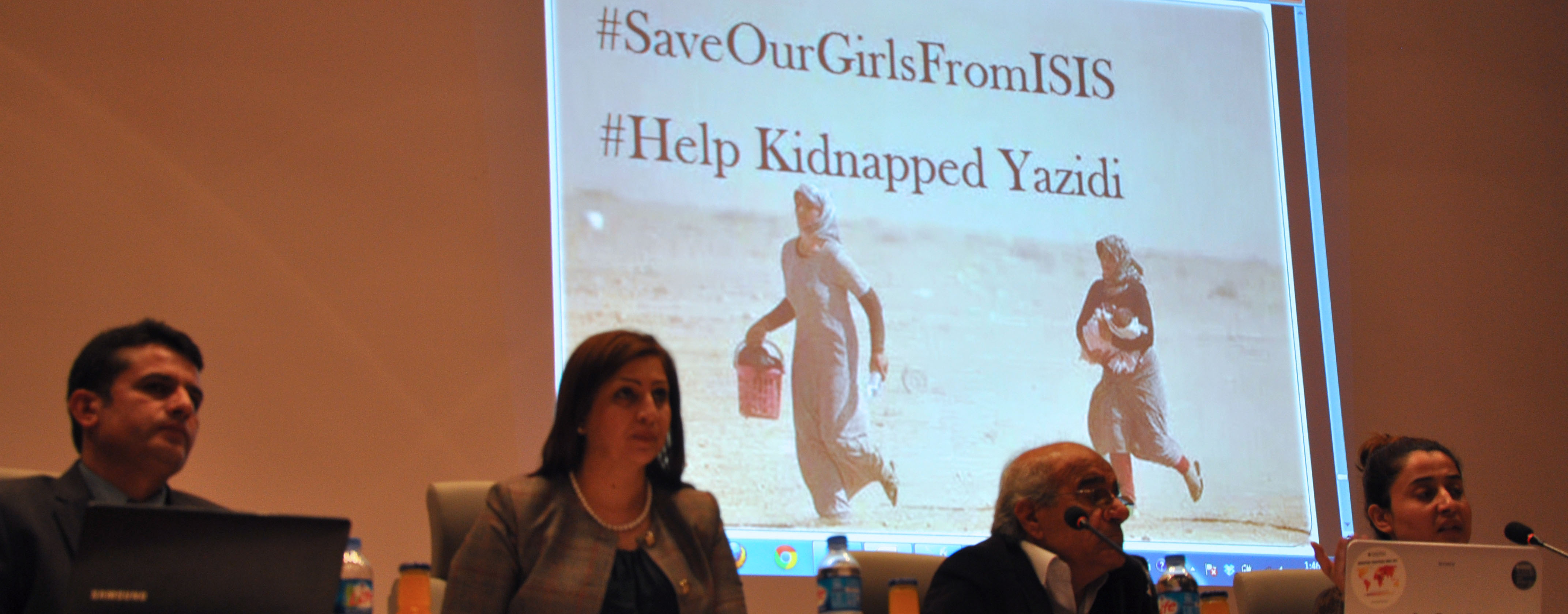International Consortium for Research on Violence (ICRoV) Conference on:
Rebuilding War Societies
Continuities and New Beginnings
International Conference in Sulaimania, Kurdistan Region of Iraq
October 17-21, 2016
organised by the Felsberg Institute (FI) in cooperation with the University of Sulaimania and the Center for Iraq Studies (CIS) at the University of Erlangen-Nürnberg
Rebuilding War Societies: Continuities and New Beginnings
Coping with situations of violent conflict resolution has become part of the every-day life reality of an increasing number of societies in the 21st century that produce specific survival strategies, as well as a certain variety of conflict handling mechanisms. One additional characteristics of the 21st century is that the boundaries between war situations and non-peace constellations have become more and more fluent. Whereas the prominent task of the 1990ies’ post-cold war era was defined as “Reconstruction of Post-War Societies”, the focus seems to have shifted after 2000 towards the “Reconfiguration of War Societies”: in many cases, the rebuilding of societies has to take place in the course of an ongoing violent conflict, and in an increasing number of cases, violent conflict resolution does not result in a change of system, but rather in a redistribution of power and access to resources.
This phenomenon is not new: in retrospect, we can understand that quite a considerable number of revolutions and liberation wars of the cold war era that came to an end after the decay of the blocs made use of a similar approach towards securing power. The reconfiguration of the military as well as the economic sector coincided with a pragmatic realization of a change of the political system.
Concept
This interdisciplinary conference aims to create a better understanding of the complex challenges of rebuilding war societies in post-conflict and ongoing conflict situations. As a working basis, rebuilding is defined as an all-encompassing transformation process of structural and societal change. Reconstruction is understood as the rehabilitation of previously destroyed, damaged or non-functioning structural components as well as the rehabilitation of societal cohesion. And reconfiguration is understood as the remodeling of structures and the redefinition of societal links within an existing system.
These assumptions are based on the hypothesis that violence has become an omnipresent and – to a certain extent - legalized feature of regional and global interaction.
In this context, it poses the following questions:
· Can we detect historical continuities leading from the reconstruction of post-war societies towards the reconfiguration of war societies in ongoing conflicts?
· Which developments in conflict coping strategies and mechanisms of societies can be identified?
· How do the complex interactions between relief, rebuilding and development activities on the one side and between local and international actors on the other contribute to the escalation or de-escalation of a conflict?
· How can pacification mechanisms such as demobilization of combatants, the reintegration of refugees and internally displaced people and the reform of governance structures be realized in an ongoing conflict?
· What role do the extraction of resources and the destruction of the natural environment play, which long-term effects do we have to expect?
· What role do the universities and other higher education institutions play in rebuilding war societies in post-conflict and ongoing conflict situations, and in which ways they are themselves being transformed by wider social processes.
· Do existing instruments such as the setting up of democratic institutions, and the injection of finance to rebuild the infrastructure are sufficient and appropriate to rehabilitate societies? Do we need to redefine intra-societal and intra-regional relations, and do we need to replace the dominance of global solutions by more manageable bilateral North-South and/or South-South partnerships?
The conference aims to look critically at the core concepts underpinning aims and strategies for rebuilding, reconstruction and reconfiguration. The main set of questions to be addressed concerns various aspects of the role of institutional development and governance based on collaboration between state, civil society and market. The conference focuses on core issues of the reconfiguration of war societies, including especially the role of the elites, the military, and the state institutions in the process of transforming a war society. For this reason, the conference will bring together experts from different backgrounds to scrutinize and discuss the major implications of reconfiguring war societies.
Timeliness and expected output
Not much research has been done concerning the abovementioned economic, legal and societal dimensions of war societies. Particularly with the conditions on the ground in Iraq and other important countries in the region changing constantly, the conference comes timely to discuss case studies, to analyze the current situation and to develop approaches for a possible way forward.
The conference’s participants will include distinguished experts from various academic fields, such as ethnology, sociology, political sciences, history, economics and international law. The conference is an opportunity for local and international experts to exchange views and discuss concepts and challenges in an academic setting, both from a theoretical and practical perspective.
In order to support local capacity building and provide further access to international scholars and current academic debate in the field of research on violence and peace and conflict studies selected thematic workshops will be offered to junior staff and students in addition to the panel program. Realization of workshops depends on interest and number of pre-registered participants.
The anticipated output of the conference is a publication including the conference proceedings and the key papers. As a result of the conference, local participants will be empowered to contribute to the rebuilding and reconfiguration process with deeper knowledge. The conference will be an important event that connects international experts with local stakeholders and it will strengthen the existing academic and civil society networks.
As the conference takes place in the Kurdistan Region of North Iraq, one of its main objectives is to bring together scholars from all parts of Iraq and contribute to a better understanding in order to encourage joint efforts for rehabilitation and reconciliation.
Tentative Program
Note: The following panel titles are suggestions and meant to be a thematic guideline for interested researchers and scholars who wish to submit a paper. The panel titles will be finalized after having received and viewed the abstracts after the closure of the Call for Papers.
17 October 2016
Arrival of participants and registration
Evening:
- Opening Addresses
- Keynote lecture
- Panel discussion open to the invited public
Reception for Iraqi and international participants
18 October 2016
Panel 1: A look into history: From guerilla and warlordism to government: transforming the state, the society, and the military
Panel 2: The legal framework: rule of law versus the consolidation of vested interests
Panel 3: Environmental depletion in war societies and the consequences of unsustainable overextraction of resources
Panel 4: State and society: the reestablishment of inclusive and accountable institutions
Dinner and informal get-together
19 October 2016
Panel 5: Powerful elites and the military: the economic distribution of the “war booty”
Panel 6: The role of universities and other higher education institutions in rebuilding post-war societies
Panel 7: The destruction of sustainable livelihoods in war-torn regions: root causes for migration?
Panel 8: A look into the future: Tracing victims and perpetrators – preparing for reconciliation
Closing Ceremony
20 October 2016
10 a.m. – 1 p.m.:
Workshops with students
Workshops will be organized on the following topics (tentative topics):
· Economic Reconstruction in Iraq (Prof. Dr. Sefik Alp Bahadir, Director of the Center for Iraq Studies (CIS), Erlangen University/Germany)
· Conflict Mapping and Security Issues in Syria and Iraq (Dr. Stéphane Valter, Université Le Havre/France)
· Refugees and Transnational Migration between the Local and the Global (Dr. Magnus Treiber, Felsberg Institute and Department of Social Anthropology, Addis Ababa University)
· Law and Institution Building in Conflict Zones (Dr. Kathrin Scherr, Head of Subsaharan Africa Projects, Max Planck Foundation for International Peace and the Rule of Law, Heidelberg/Germany)
· Efforts to Overcome Violence: The Example of Colombia (Paula Timcke, FI Latin America Representative, Bogotá/Colombia and Prof. Dr. Freddy Cante Maldonado, Universidad del Rosario, Bogotá/Colombia)
2 p.m. – 6 p.m.
Excursion to Arbat Refugee Camps
Meeting with NGO’s and Representatives of Camp Administration
Evening: Internal ICRoV Meeting
21 October 2016
Departure
Organization committee:
Germany
Prof. Dr. Sefik Alp Bahadir, Centre for Iraq Studies (CIS), University of Erlangen-Nürnberg (Diese E-Mail-Adresse ist vor Spambots geschützt! Zur Anzeige muss JavaScript eingeschaltet sein!)
Dr. Hartmut Quehl, Felsberg Institute for Education and Research (Diese E-Mail-Adresse ist vor Spambots geschützt! Zur Anzeige muss JavaScript eingeschaltet sein!)
Dr. Daniel Heilmann, Felsberg Institute for Education and Research (Diese E-Mail-Adresse ist vor Spambots geschützt! Zur Anzeige muss JavaScript eingeschaltet sein!)
Iraq:
Dr. Salahaddin Saeed Ali (Ph.D), President of Sulaimania University
Dr. Karzan Ghafur Khidir, Director of Foreign Relations, Sulaimania University
Khoshawe Kamal, Department of Political Sciences of Sulaimania University





